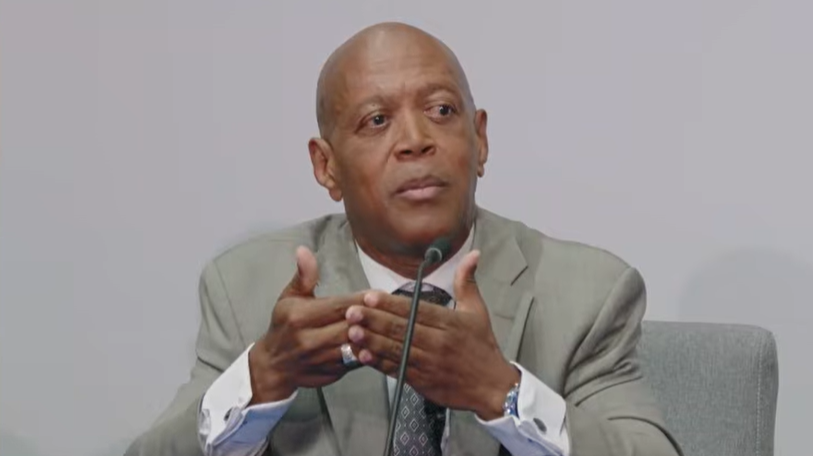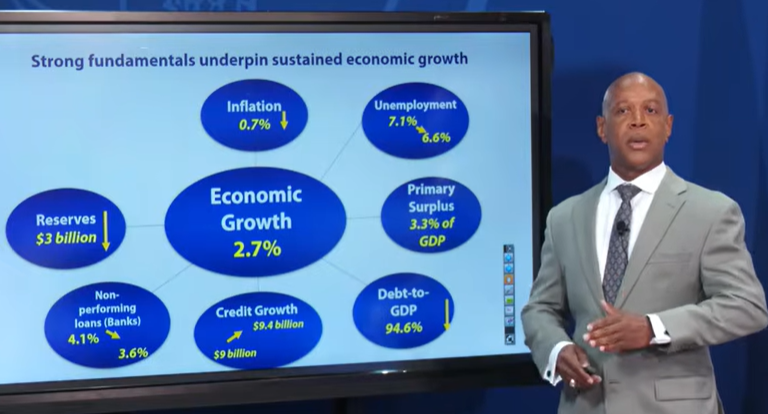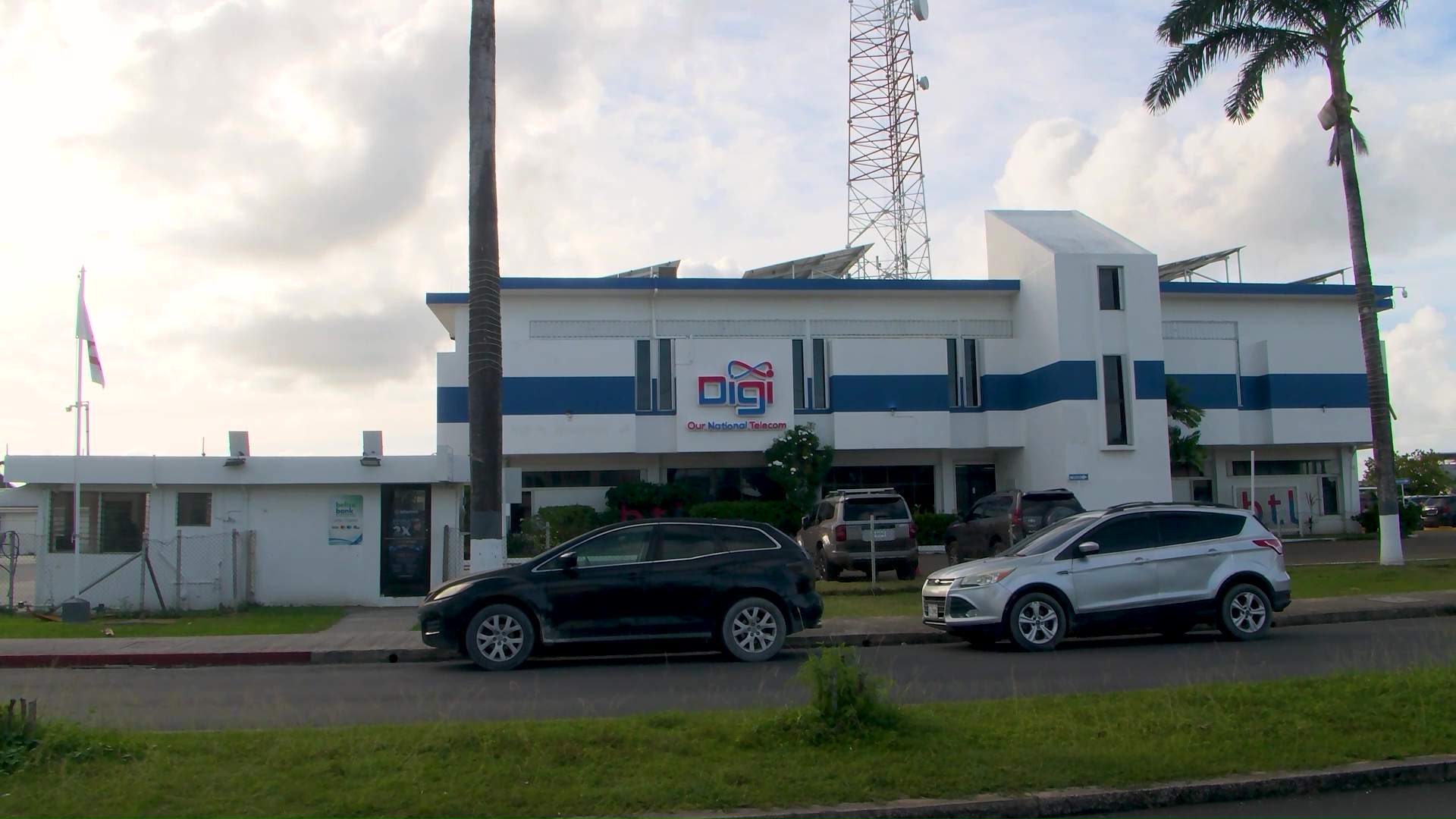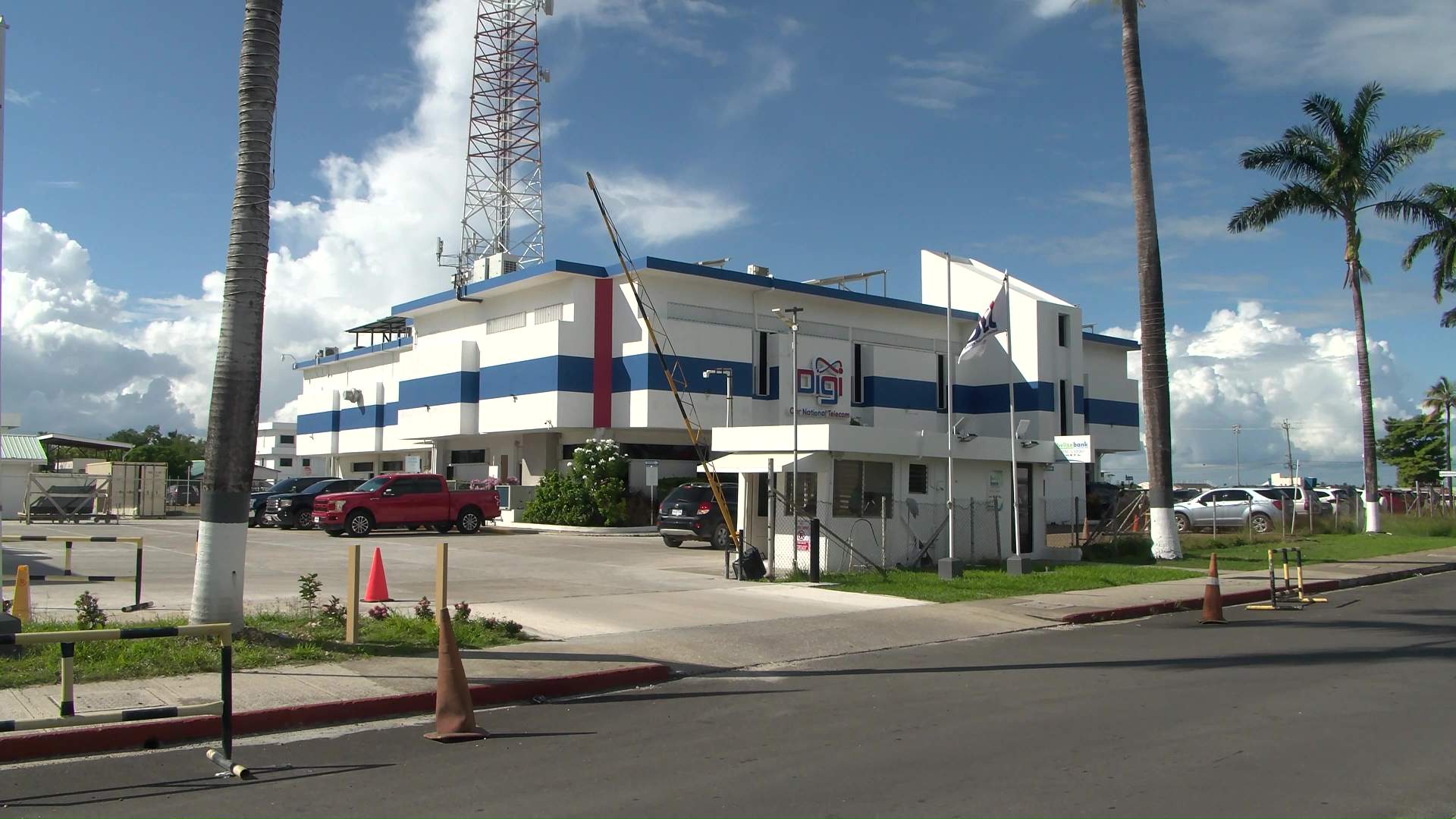The Central Bank of Barbados has forecasted sustained economic expansion for the nation through 2026, projecting growth between 2.5% and 3.0% despite emerging global challenges. Governor Dr. Kevin Greenidge announced these projections during a Wednesday briefing at the bank’s headquarters, indicating this would mark the country’s fifth consecutive year of economic improvement following a 2.7% expansion in 2025.
The growth trajectory is primarily driven by robust performance across multiple sectors including tourism, business services, and construction activities in both private and public domains. Inflation is expected to remain moderate, with projections indicating a moving average rate closer to 1% for 2026, gradually settling around 2-2.5% in the medium term.
Governor Greenidge highlighted several favorable factors including declining global commodity prices, particularly energy costs, which should help mitigate imported inflation pressures. However, he noted that strong domestic demand for certain services could exert upward pressure on prices.
Fiscal indicators continue to show improvement with debt levels expected to maintain a downward trajectory through economic expansion and rising primary surpluses. The governor confirmed the country remains on track to achieve its debt-to-GDP target of 60% by fiscal year 2035-36, a key anchor of the Barbados Economic Recovery and Transformation (BERT) program initiated in 2018.
Despite the positive outlook, Dr. Greenidge identified several risk factors including potential slowdowns in major markets like the United States that could reduce tourism demand. He also cited heightened global political tensions, particularly in oil-producing regions, which could trigger inflationary pressures through oil price spikes. Additional concerns include rising shipping costs due to global uncertainty and climate-related impacts on domestic food production.
Conversely, the governor noted potential upside opportunities including stronger-than-expected tourism performance, accelerated infrastructure projects such as the imminent Bim Pay digital payments system, housing developments, and renewable energy initiatives that could further boost economic prospects.









